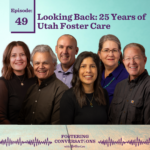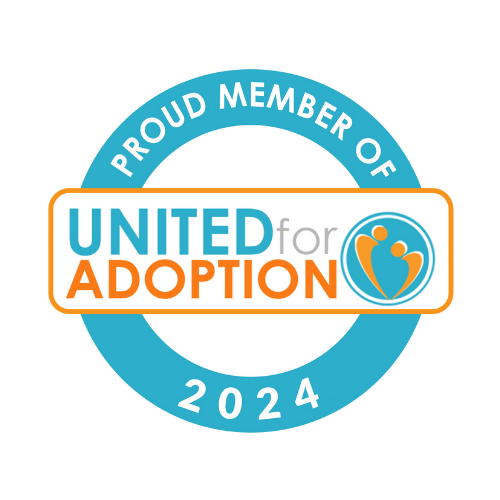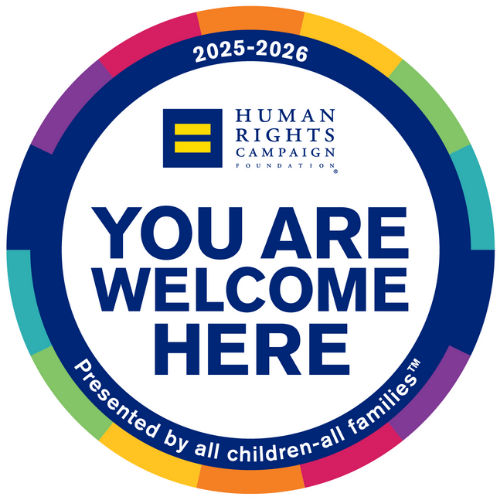
What began as a bold experiment in Utah now celebrates 25 years of nurturing families and transforming lives. As we reflect on a quarter-century of dedicated service in foster care, we take a moment to appreciate the profound impact that Utah Foster Care has had on countless children, families, and communities
Building on Bold Beginnings
Twenty-five years ago, a visionary idea took root in Utah—to create an organization solely focused on recruiting, training, and supporting foster families. Through the leadership of Governor Mike Leavitt and partnerships with community and state agencies, Utah Foster Care emerged as a unique entity dedicated to serving the needs of foster children and the families who care for them.
Commitment to Children First
At the heart of Utah Foster Care’s mission is an unwavering commitment to putting children’s needs first. As shared by Brian Young, a regional trainer, the primary goal is to ensure that every child in foster care feels safe, understood, and supported. Brian’s moving recollection of a time when the reality of a child’s loss deeply resonated with him emphasizes the importance of empathy and awareness in foster care.
Supporting Foster Families
The organization’s success also lies in its continuous support for foster families. Debra Lindner and Liz Rivera, co-hosts of the podcast, illustrate how Utah Foster Care goes beyond initial training by maintaining long-term relationships with foster parents. This ongoing support helps equip families with the skills needed to provide nurturing and stable environments for children who have experienced trauma.
Recognizing and Addressing Challenges
Utah Foster Care has always been proactive in addressing systemic challenges. From embracing cultural diversity to implementing inclusive practices, the organization has made significant strides. Mike, a clinical consultant, and Les, a trainer, discussed efforts to understand and honor the cultural backgrounds of children in care, particularly those from Native American and Latino communities.
The Evolution of Training and Understanding
In the early years, foster training was more behavior-focused. Over time, it has evolved into a trauma-informed approach grounded in brain science. Understanding the brain’s development and the impact of trauma has revolutionized the training provided to foster parents, emphasizing the need for compassion and tailored support.
A Vision for the Future
Looking ahead, Utah Foster Care aspires to have families waiting for children, not the other way around. The organization remains committed to adapting based on continuous learning and the evolving needs of children and families. The involvement of Governor Cox and First Lady Abby Cox has brought unprecedented attention and resources to the cause, promising even greater progress in the years to come.
Conclusion
As we commemorate 25 years of Utah Foster Care, we celebrate the resilience of the children, the dedication of foster families, and the passion of the staff. With over 16,000 families trained since 1999, Utah Foster Care stands as a beacon of hope and compassion. For those inspired to join this journey, remember that you don’t need to know everything to become a foster parent—you just need to be willing to learn. To find out more about foster parenting and other ways to get involved, visit utahfostercare.org. Here’s to another 25 years of making a difference, one child at a time.






